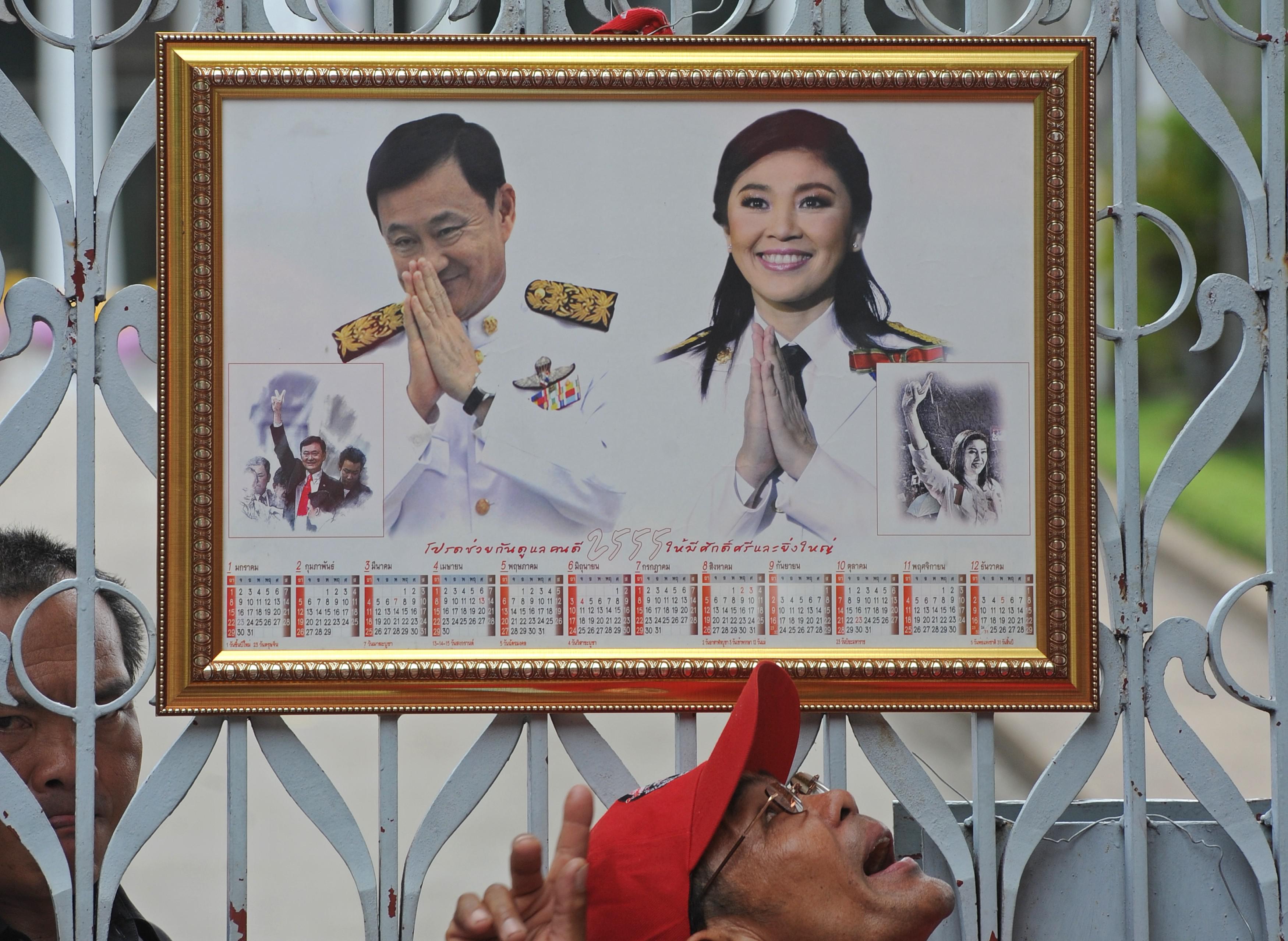Since 2001, no party with one of the Shinawatra siblings at the top of the ballot has lost a Thai election. Older brother Thaskin was elected in 2001, re-elected in 2005, and won a snap poll in 2006 (though no other parties participated in that one.) After the military seized power in 2006, Thaksin’s allies won an election in 2007. Prime Minister Samak Sundaravej, a Shinawatra supporter, was removed from office a year later on the grounds that he had hosted a televised cooking show while in office.
In 2011, with Thaksin living in exile due to corruption charges back home, his sister Yingluck won an election in 2011, becoming the country’s first female prime minister. She was widely expected to win a snap election called in February, which was challenged by the opposition under the somewhat circular logic that voting could not be held in certain constituencies due to the opposition’s own protests.
Today, the country’s Constitutional Court ordered Yingluck removed from office—the third time since 2006 it has ousted a prime minister from the Shinawatras’ political movement—over the transfer of a civil servant to another post three years ago.
None of this is necessarily to defend the Shinawatras. Thaksin was a populist tycoon with an authoritarian streak who was accused of human rights abuses including extrajudicial killings and detentions during the country’s war on drugs. Yingluck was fairly transparently acting has his proxy by pushing an amnesty bill that would have allowed him to return to the country. A scheme to hoard rice to drive up global prices has been an economic disaster.
But it’s fairly apparent that any time Thai voters are asked, they vote Shinawatra—particularly in the country’s less developed north. But any time one of them or their allies gets into power, the judiciary and the military figure out a way to remove them. The opposition, whose supporters are drawn primarily from the urban middle class, are now advocating that the country’s electoral democracy be replaced with a vaguely defined “People’s Council.” If the Shinawatras are removed from power again, we could also see the return of massive and occasionally deadly street protests of years past.
In the Atlantic today, Shadi Hamid writes of the emergence of “illiberal democracy” in the Middle East following the Arab Spring: “democratically elected leaders using popular mandates to infringe upon basic liberties.”
Thaksin and Yingluck’s opponents, who include some of the country’s wealthiest families, would probably argue that they fit this bill. But at this point it’s clear that their base of support is broad enough, organized enough, and determined enough to see them in power that court orders aren’t going to make them go away.
